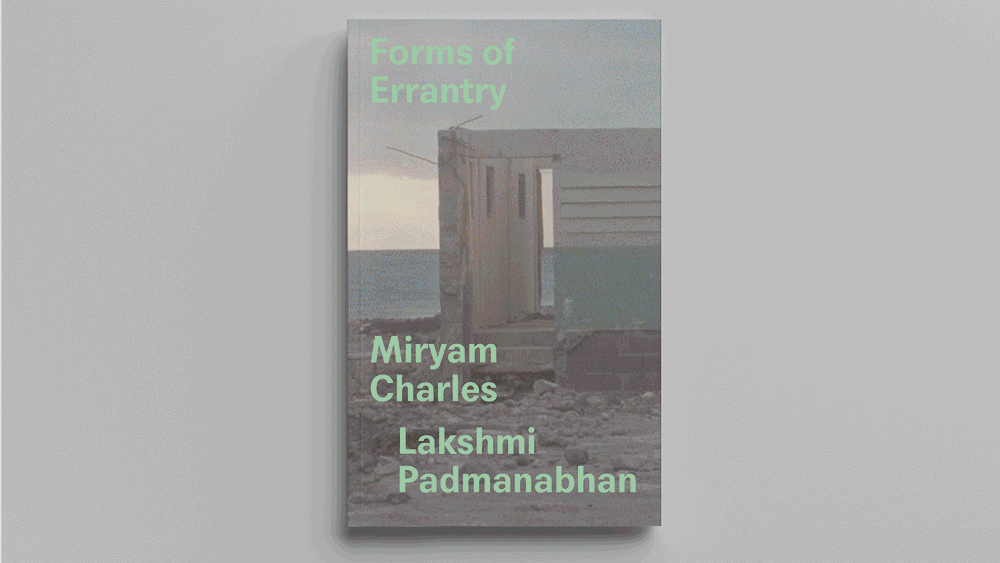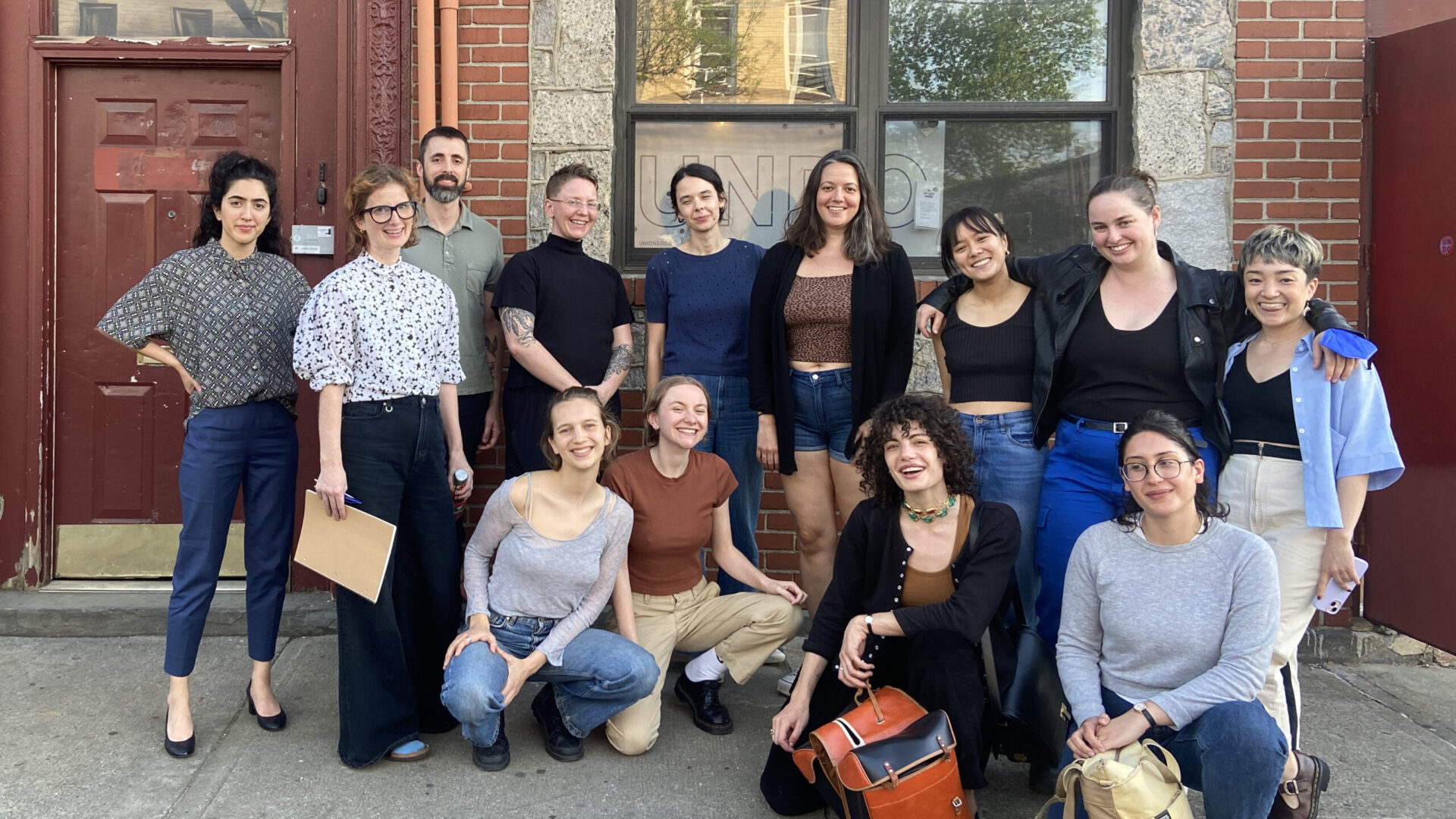The UNDO Fellowship
Collaborative research
for new practices in
documentary art
Meet the UNDO Fellows
UnionDocs is honored to share the selection of artists and writers for the UNDO Fellowship. A chance to explore their research topics a bit below.
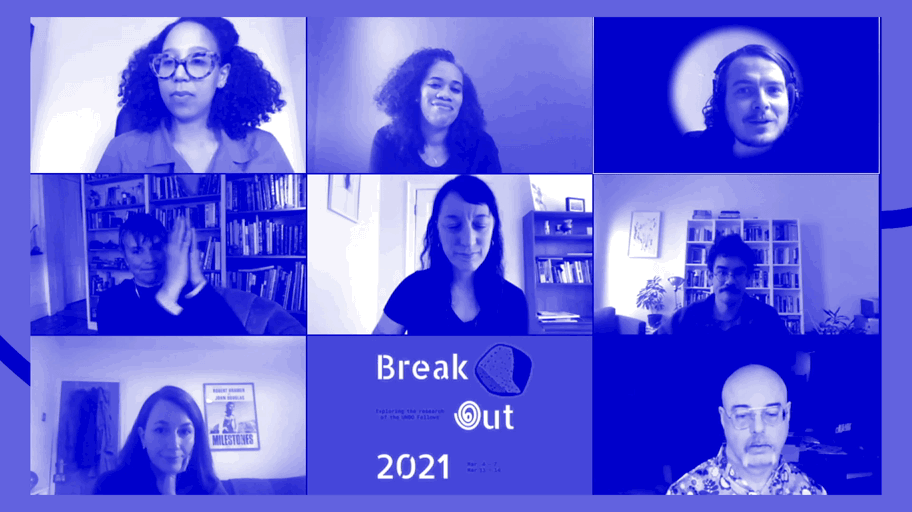
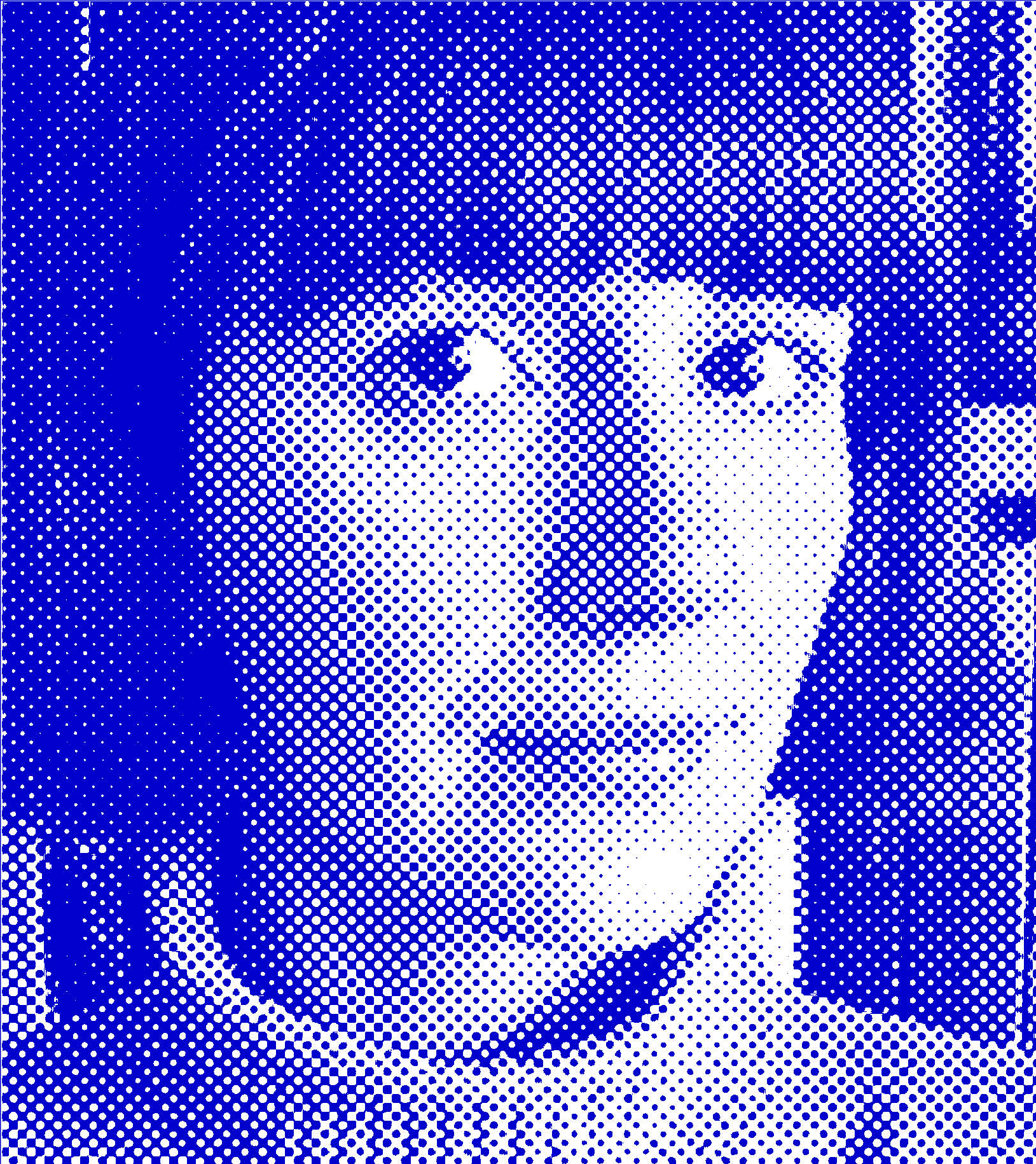
Erika Balsom
Erika Balsom is senior lecturer in Film Studies at King’s College London. She is the author of 'After Uniqueness: A History of Film and Video Art in Circulation' and 'Exhibiting Cinema in Contemporary Art', as well as the co-editor of 'Documentary Across Disciplines'. She contributes to magazines such as Artforum and Frieze, and has published in scholarly journals including Cinema Journal and Grey Room. In 2018, she was awarded a Leverhulme Prize and the Kovacs essay award from SCMS.
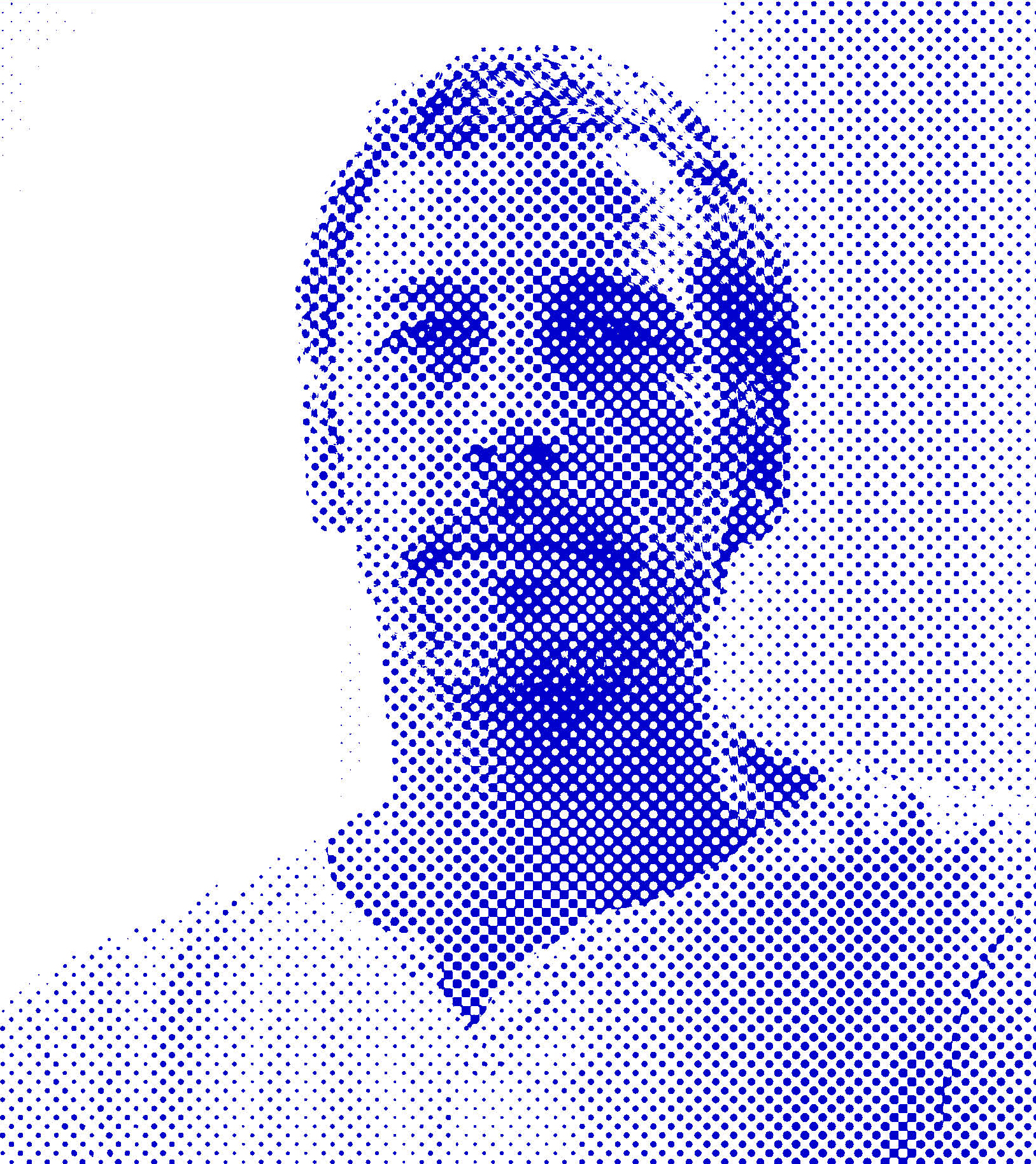
Eric Baudelaire
Eric Baudelaire (1973, Salt Lake City) lives and works in Paris, France. After training as a social scientist, Baudelaire established himself as a visual artist often focused on social and historical research. Since 2010, he has devoted himself more seriously to filmmaking. His feature films include Also Known As Jihadi (2017), Letters to Max (2014), The Ugly One (2013) and The Anabasis of May and Fusako Shigenobu, Masao Adachi and 27 Years Without Images (2011).
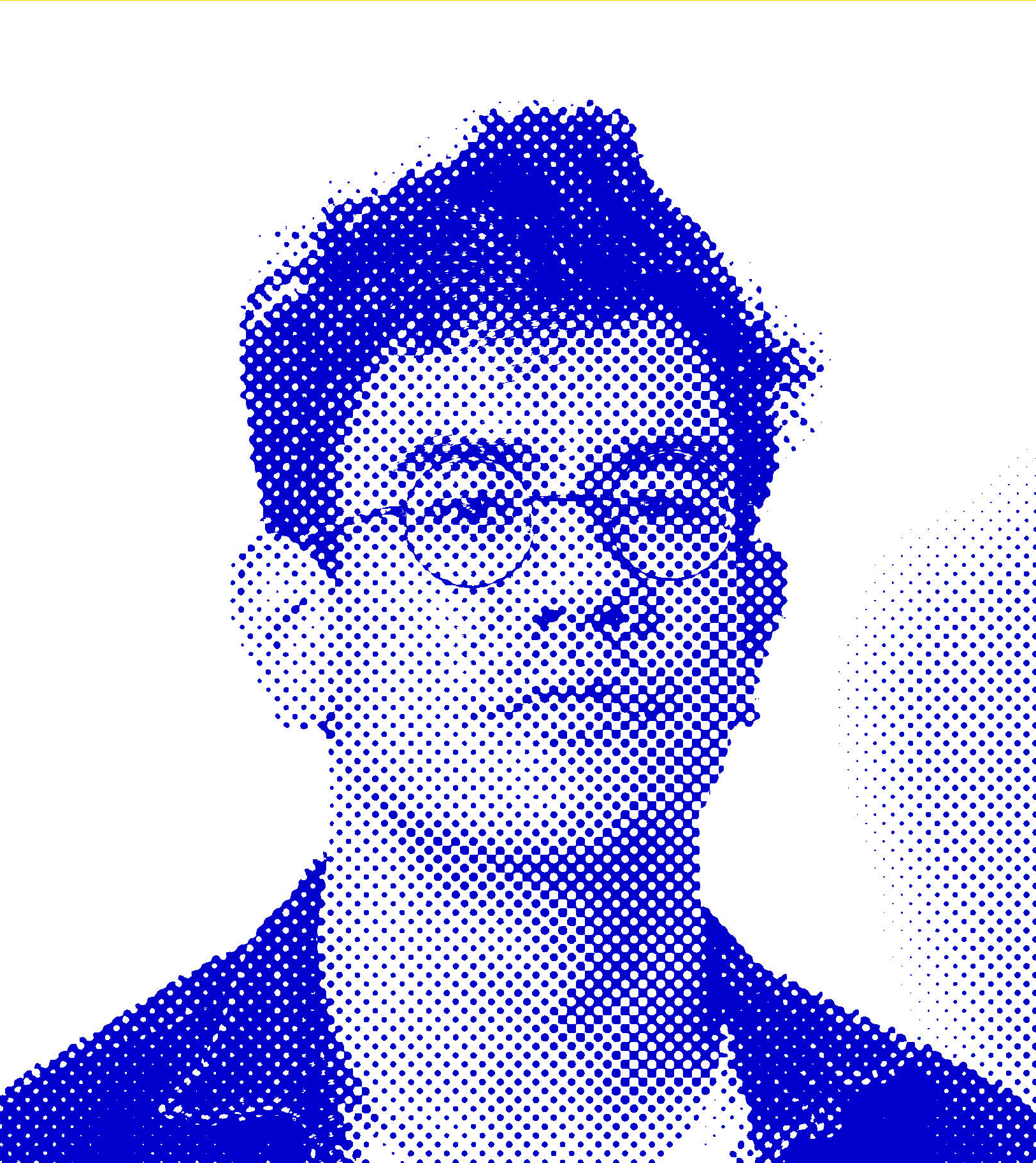
Matthew Shen Goodman
Matthew Shen Goodman is a writer and a senior editor at Triple Canopy.
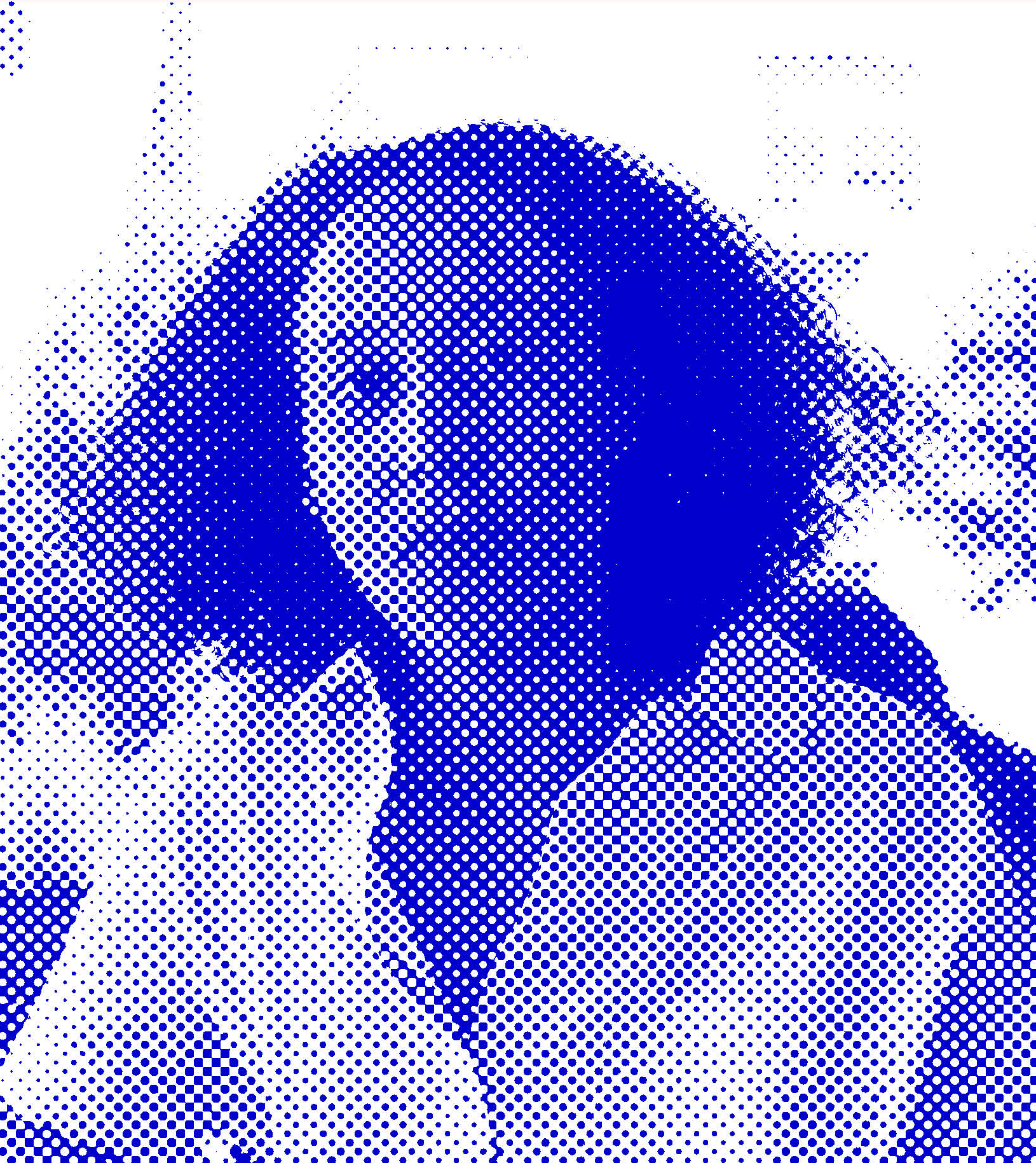
Madeleine Hunt-Ehrlich
Madeleine Hunt-Ehrlich makes work about the private lives and worlds of black women. Her practice is rooted in archival research and field research, which then gets translated through a writing process, and then finally a filmmaking process that includes narrative, documentary and experimental film techniques. This means working closely with archives that until recently did not preserve or respect black voices and thinking about how to represent histories that have been neglected.
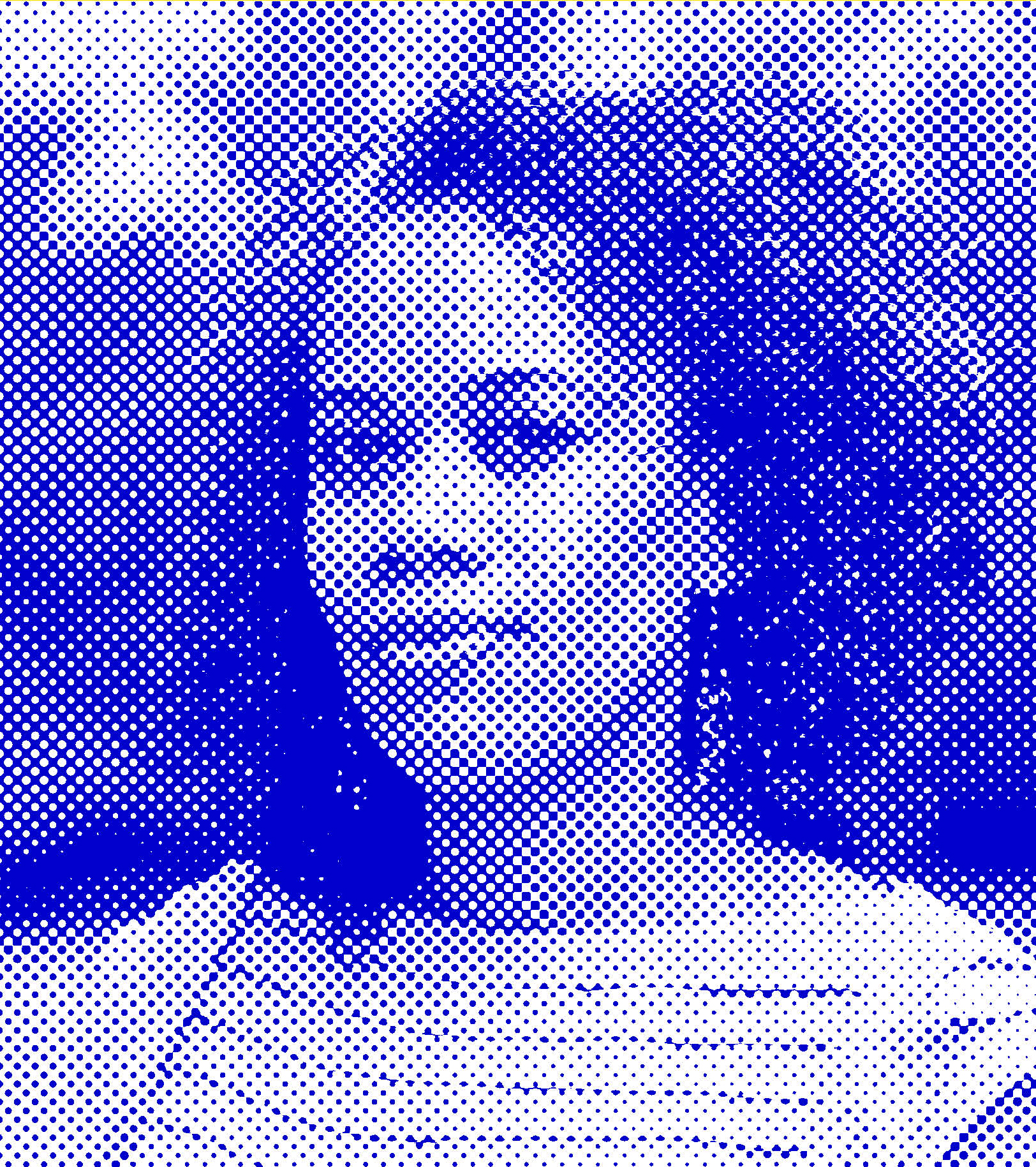
Nzingha Kendall
Nzingha Kendall is a film scholar and programmer. Her work focuses on moving images by black women from across the diaspora. She has a PhD in American Studies and is currently a postdoctoral fellow at the Carter G. Woodson Institute for African American and African Studies at the University of Virginia.
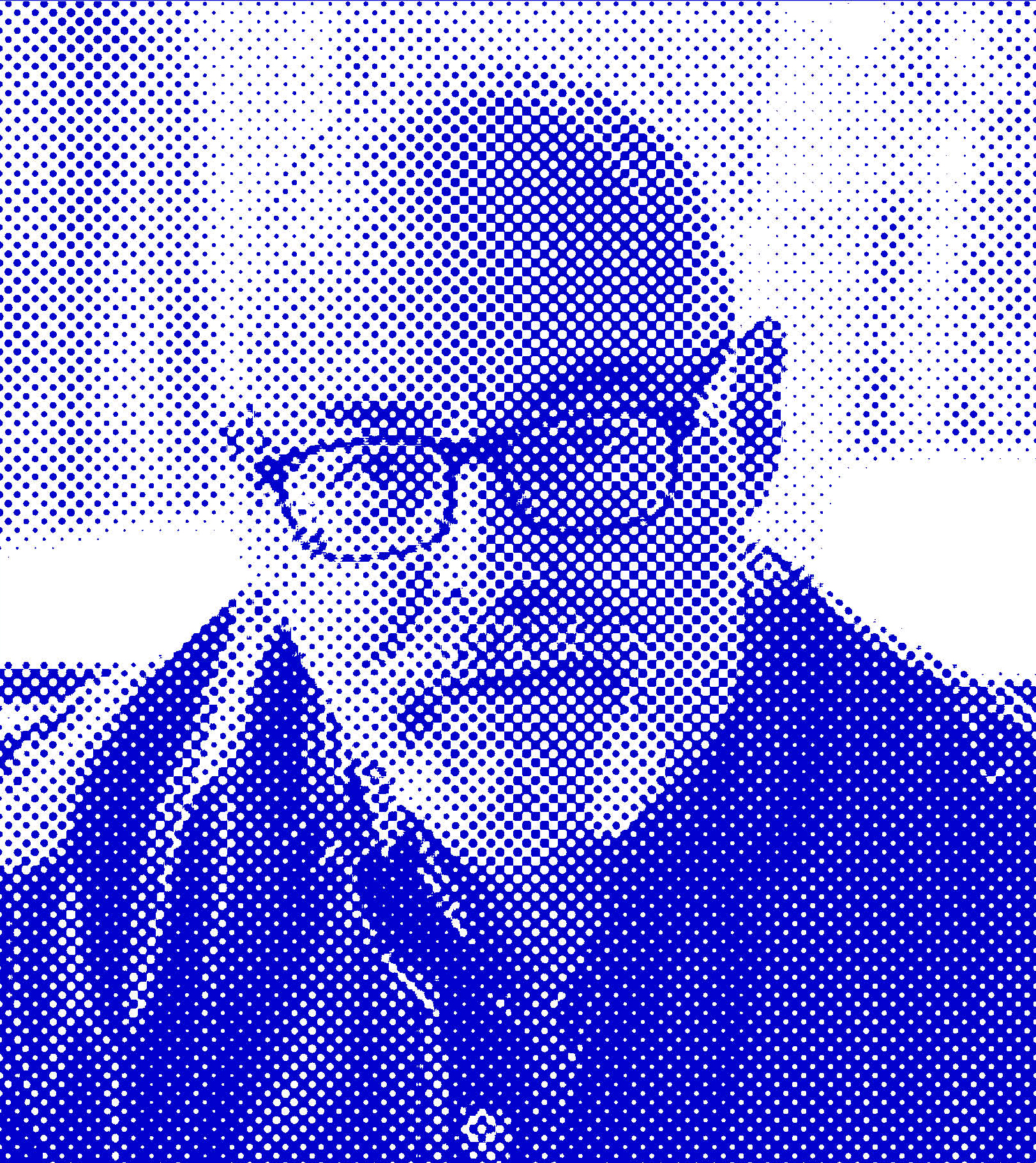
Steve Reinke
Steve Reinke is an artist and writer best known for his monologue-based video essays. He is the author of two books, co-edited four anthologies, and written dozens of essays, mostly on artists' film. He is a professor of Art Theory and Practice at Northwestern. His work is represented by Galerie Isabella Bortolozzi, Berlin.

Dani & Sheilah ReStack
Dani and Sheilah ReStack have embarked on an artistic relationship that is formally and emotionally adjacent to their domestic lives, a quotidian zone they share with their young daughter Rose. Both artists have established careers on their own. Neither Dani’ video work or Sheilah’s multimedia performance and installation work could exactly prepare us for the force of the women’s collaborative efforts. – Michael Sicinski, Cinema Scope, 2017. ReStack collaborations have shown at the 2017 Whitney Biennial, Iceberg Projects Chicago, Toronto International Film Festival, Images Film Festival, Toronto, Lyric Theater, Carrizozo, NM, Leslie Lohman Project Space, Gaa Wellfleet, New York Film Festival and The Columbus Museum of Art, Ohio. They have received grants from the Canada Council for the Arts, Ohio Arts Council and Visual Studies Workshop, NY. They have been residents at The Headlands in Marin County and their newest video Go Ask Joan was made at the MacDowell Colony this summer.
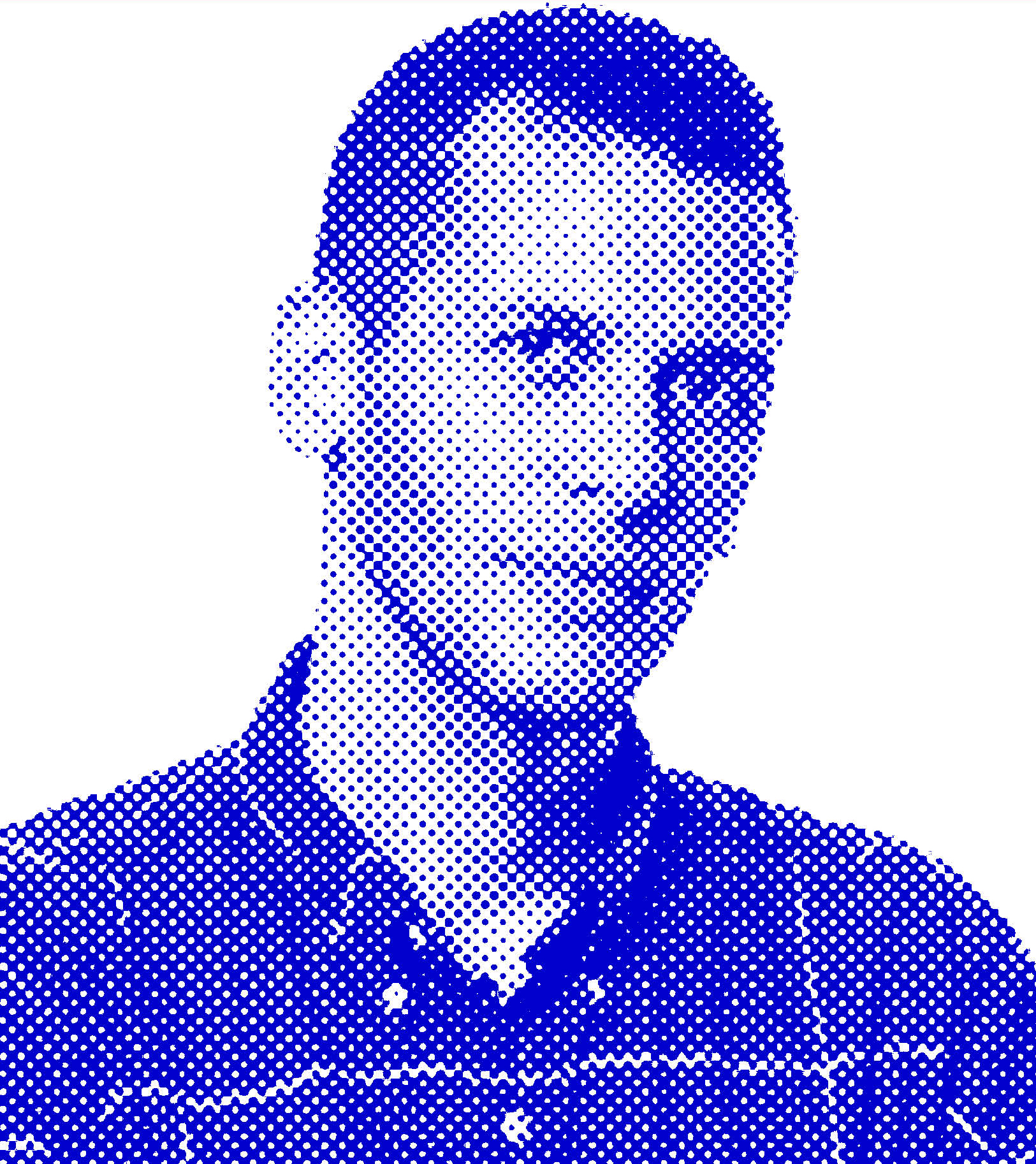
James N. Kienitz Wilkins
James N. Kienitz Wilkins is a filmmaker and artist based in Brooklyn. His work has premiered at international film festivals including Berlin, TIFF, Locarno, Rotterdam, NYFF, CPH:DOX, BAMcinemaFest, New Directors/New Films, and beyond. In 2017, he was included in the Whitney Biennial and a retrospective of his work was showcased at RIDM (Montréal). He has had solo exhibitions at Gasworks (London), Spike Island (Bristol, UK) and currently, Kunsthalle Winterthur (Switzerland).
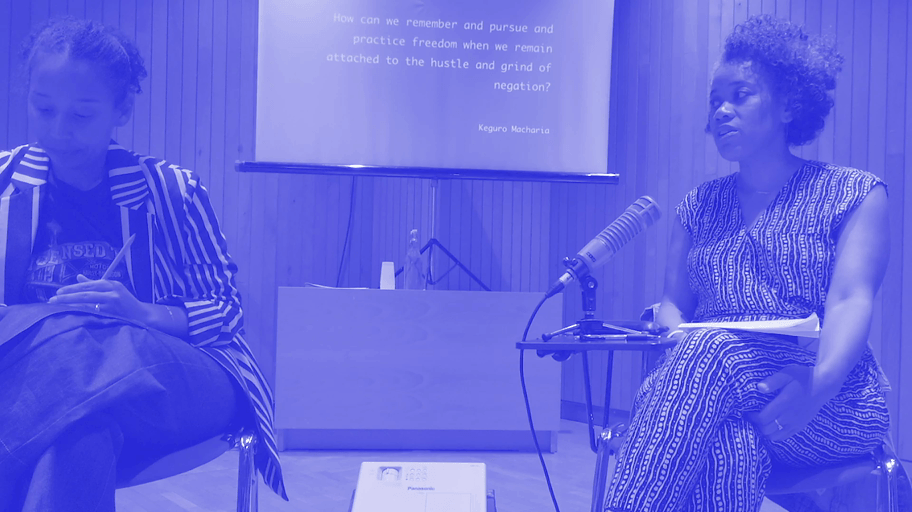
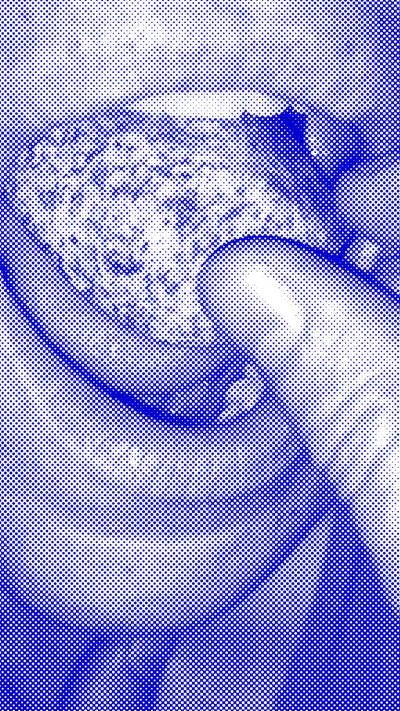
Embodied Existence
Essayist and artist Steve Reinke will join collaborative artists Dani and Sheilah ReStack to think through a queered phenomenological discourse of documentary practice that asks what an artist does with the world? Building from Restack’s "feral domesticity," Reinke expands into an exploration of how "feral subjectivity” — a hybridized approach to filmmaking, one that mode-shifts between approaches — opens up a new set of possibilities for representing the endlessly complex plenitude of being in the world, and reinscribes that representation with the physical, sensual processes of an embodied existence. View UNDO Study Group Trailer.
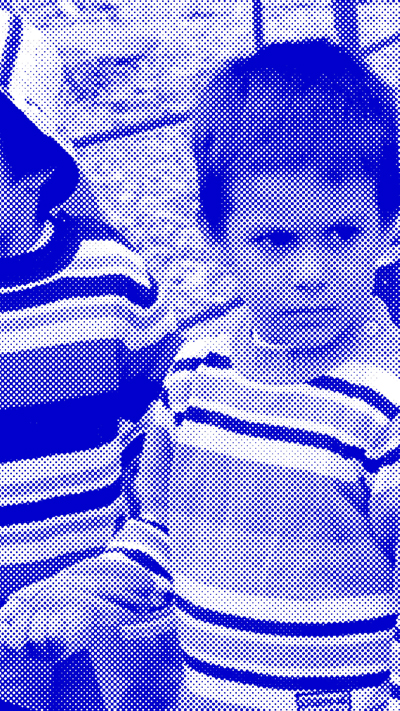
Languages of Liberation
Scholar Erika Balsom and filmmaker Eric Baudelaire propose to explore how the revolutionary languages of the 1960s and 1970s – languages of documentary filmmaking, artistic expression and political action alike – resonate today. How have the energies of this moment persisted and mutated? How can they provide a resource for thinking through the urgencies of the present, for the future? In a moment when hope for political transformation feels increasingly necessary, what forms and acts can best respond to the need to re-imagine reality? View UNDO Study Group Trailer.
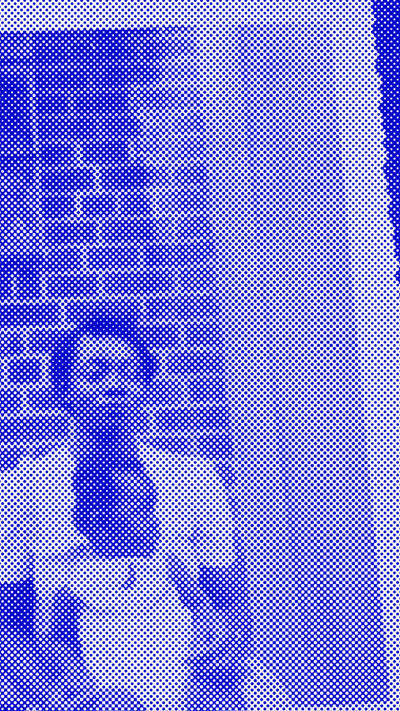
Archive Repair
Film scholar and programmer Nzingha Kendall and filmmaker Madeleine Hunt-Ehrlich propose to explore alternative narrative-making grounded in radical black intellectual production, responding to what Saidiya Hartman refers to as “silence in the archive.” They ask how can black storytellers work in the realm of reality when traditional records of reality historically rendered black subjecthood invisible? How might the transparency imposed on minoritized subjects be resisted by employing gaps and fragments to achieve strategic opacity? By interrogating film form and genre, they seek to extend possibilities for moving images to resuscitate embodied, spiritual, and coded understandings of black experiences. View UNDO Study Group Trailer.
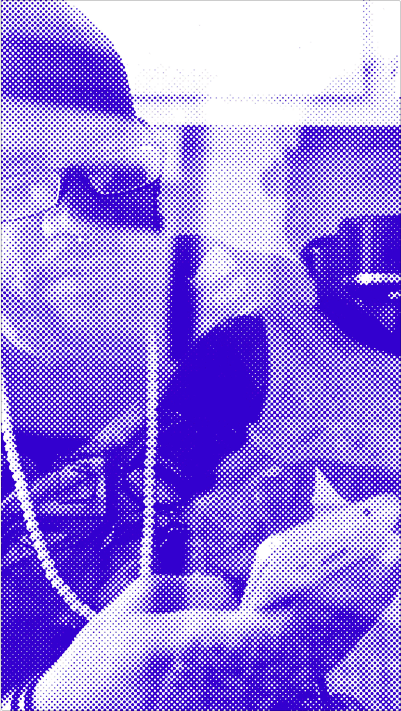
Shape Shifts
Writer and editor Matthew Shen Goodman and filmmaker James N. Kienitz Wilkins ask what is the value of appropriation today? While the term has become shorthand for a singular kind of cultural misappropriation, creative adoption in film, art and writing has also been a radical gesture of critique and a means of drawing attention to conditions of production. By tracing a genealogy inside and outside of film and rethinking the potential of such acts, they hope to develop a discourse around appropriation that would enliven it as a tool for artists, activists, and anyone else considering the politics of claiming something as one’s own. View UNDO Study Group Trailer.
Funding for The UNDO Fellowship
generously provided by





